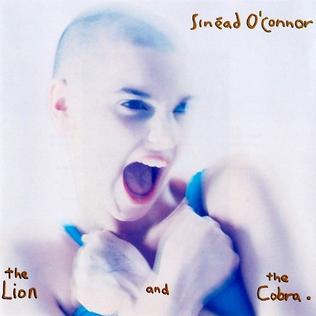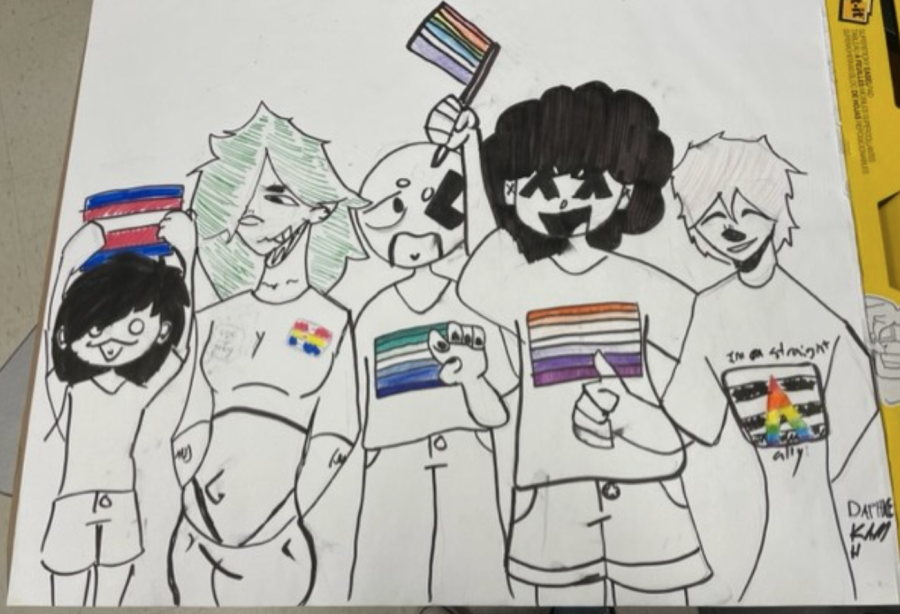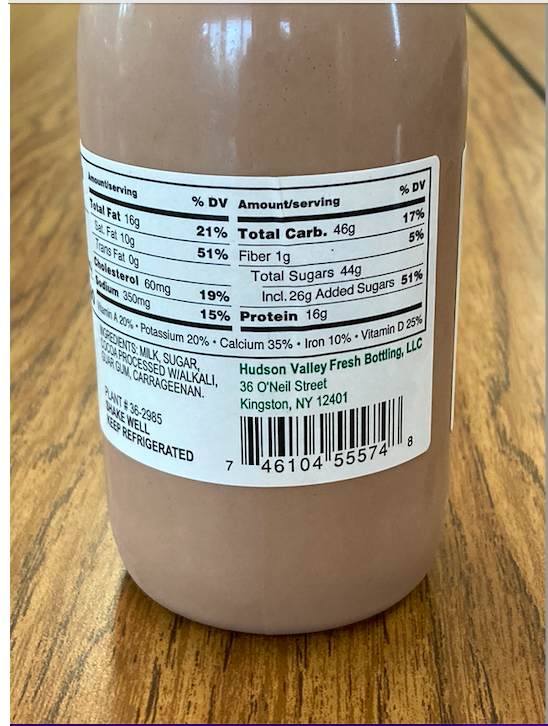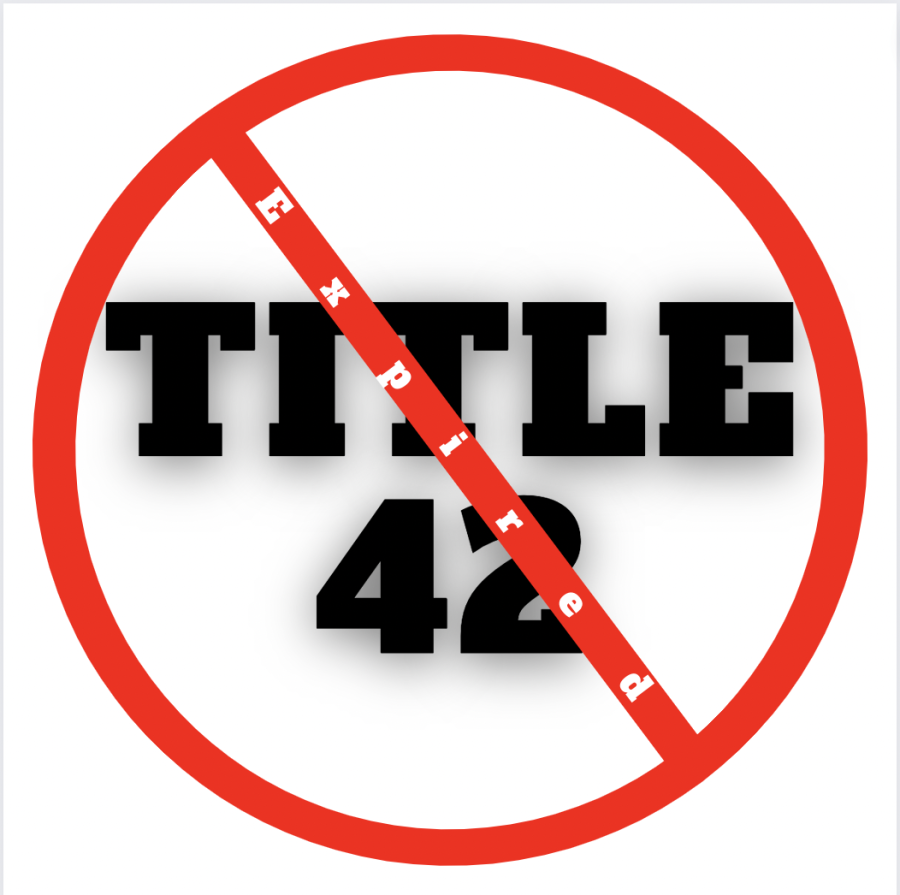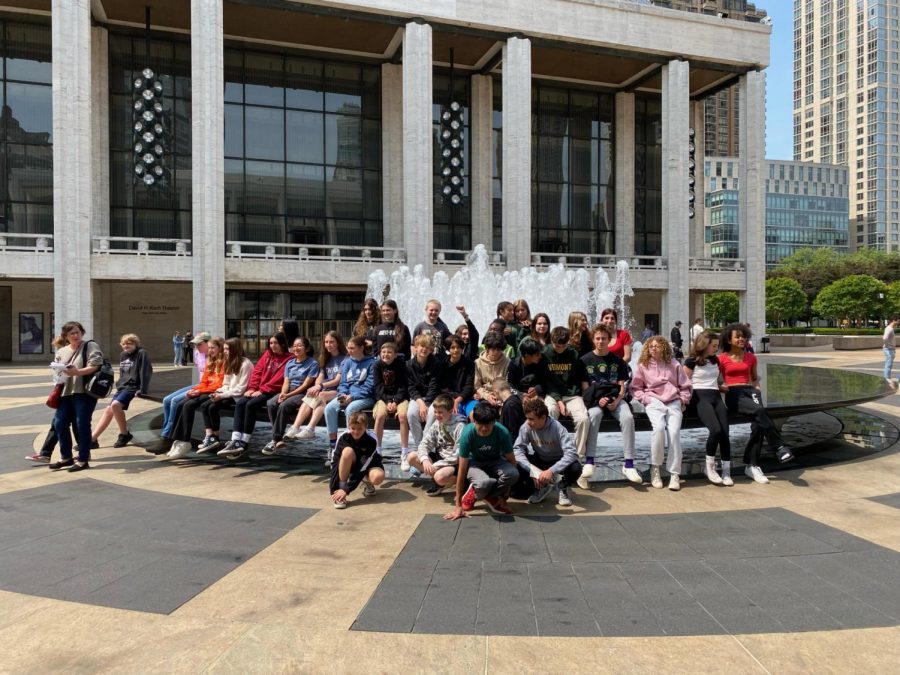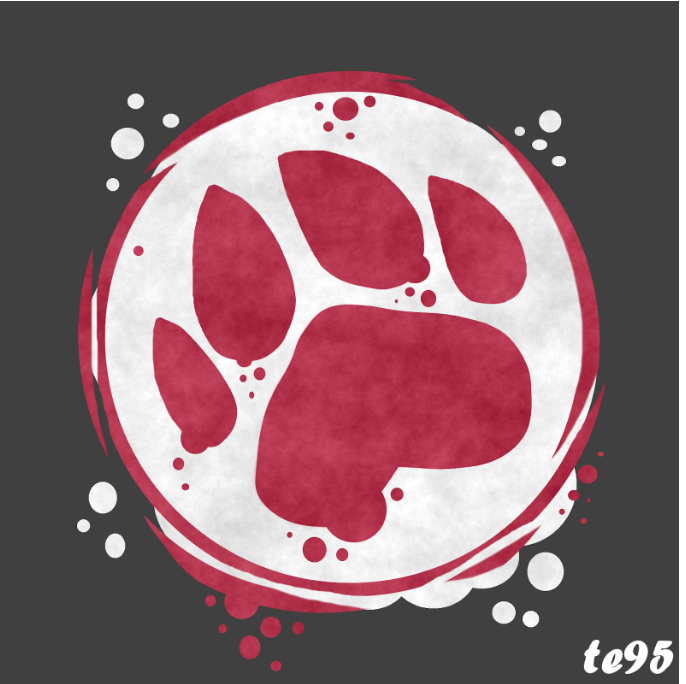Sinéad O’Connor’s 1987 album The Lion and The Cobra is nothing short of a musical masterpiece.
Since her passing in 2023, her debut album has resurfaced and been re-appreciated by the public, along with her other works. While the song “Nothing Compares 2 U” from her second album, I Do Not Want What I Haven’t Got, was more of a worldwide hit, it is worth revisiting her debut album as the genesis of the unique talents O’Connor would continue to develop and share with the world.
Unfortunately, many people remember O’Connor best for an infamous moment on Saturday Night Live (SNL). In an appearance to promote Am I Not Your Girl?, another of her LPs, she was scheduled to show a picture of a refugee child after performing the song “War” by Bob Marley in a capella. Instead, she held a photo of Pope John Paul II, then tore it apart and declared, “Fight the real enemy.” At the time, much of the public considered this a disgrace and an outrage. A week after the performance, Joe Pesci, an actor and one-time host of SNL, said he would have given Sinéad “such a smack.”
This moment forever set her reputation in stone as a woman who fought for the freedom of those affected by the Catholic Church’s abuse. It took more than a decade for people to accept that she had been righteous in her anger, following the Pope’s public acknowledgement of the Catholic Church’s history of abuse. Including this religious trauma, the materials covered in The Lion and The Cobra are extremely mature for a 21-year-old to have written. These troubles O’Connor faced in her youth are represented, especially in “Jerusalem” and “Just Like U Said it Would B.”
The Lion and The Cobra begins with the two-minute track, “Jackie,” about the ghost of a widow searching for her husband lost at sea, refusing to believe he has died. The opener has a melancholy and ominous tone compared to the rest of the LP, but fades beautifully into the more rock and roll single “Mandinka,” which peaked at No. 6 on the Irish Singles Chart. It is based on Roots by Alex Haley, a book that mentions the African Mandinka tribe, hence the song’s title. Next are the songs “Jerusalem” and “Just Like U Said It Would B”, both art-rock songs concerning religion and its effects. The following track, “Never Get Old,” begins with a reading of Psalm 91, translated to Irish and presented by the singer Enya. Then come the two singles “Troy,” the longest track of the album at six minutes long, based on the poem “No Second Troy” by William Butler Yeats, and “I Want Your (Hands On Me),” a funky little break from the depressing themes of the previous songs. “Troy” peaked at No. 5 in the Netherlands, and “I Want Your (Hands On Me)” peaked at No. 40 in New Zealand. “Drink Before the War” proved to be the most popular song from the album following her death, but she herself wasn’t very fond of it. O’Connor admits, “It’s like when you read your diary, when you’re 15 you think you are being really deep and meaningful, and actually you’re just talking a lot of bollocks. It’s just embarrassing.” The track was written with the Irish Republican Army (IRA) in mind. Finally, the debut album concludes with the five-minute ballad “Just Call Me Joe” with a spoken outro.
O’Connor was outspoken and political, and she attracted a great deal of controversy during her lifetime. But much of her activism ended up being vindicated, and in any event, she is so much more than her most infamous moments. She was a brilliant artist with a haunting voice, and her music should be her true legacy. The Lion and the Cobra is the perfect way to learn more about her musical genius.

